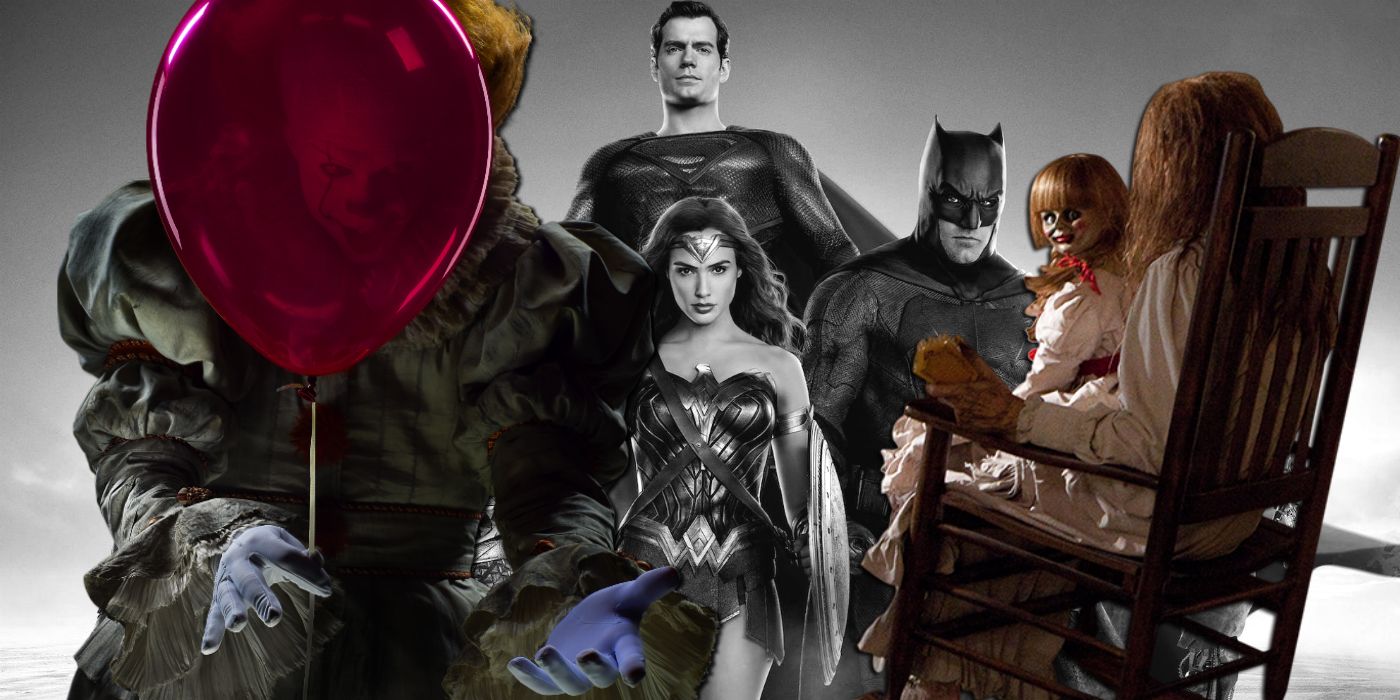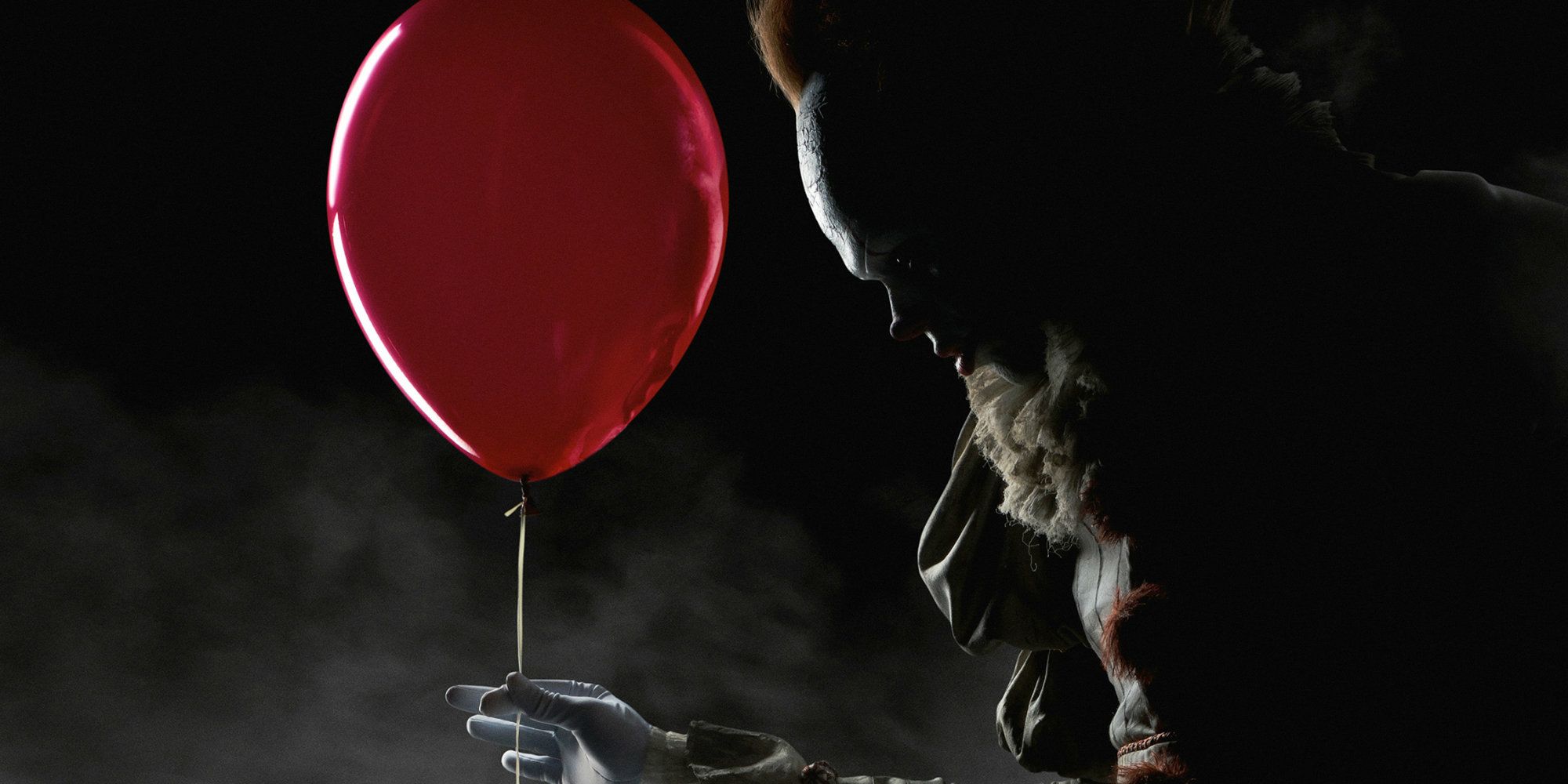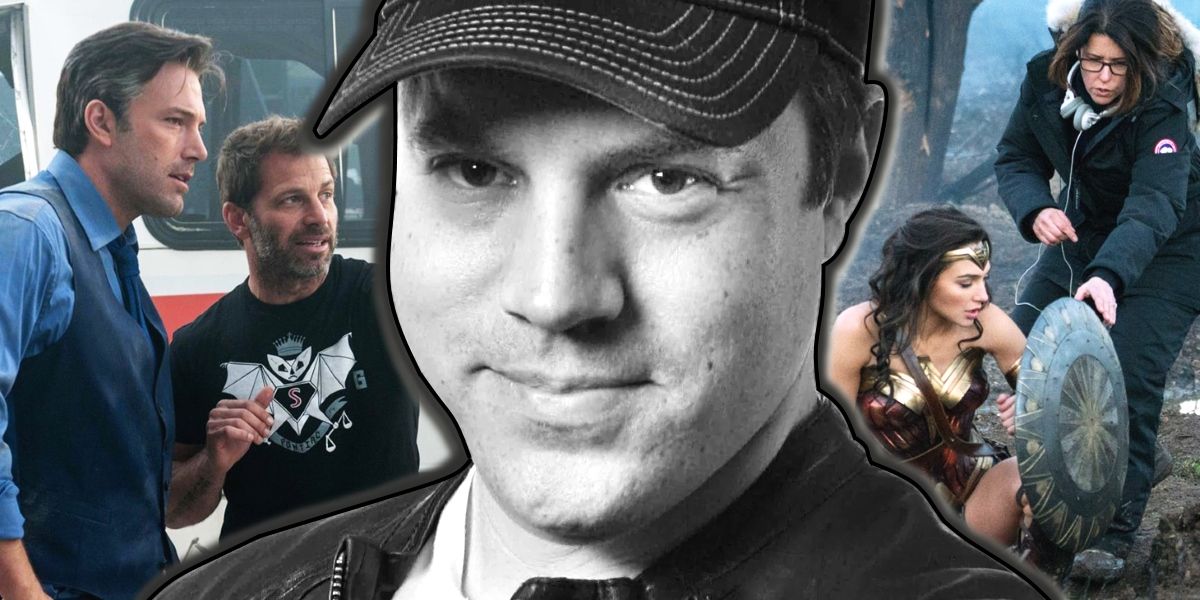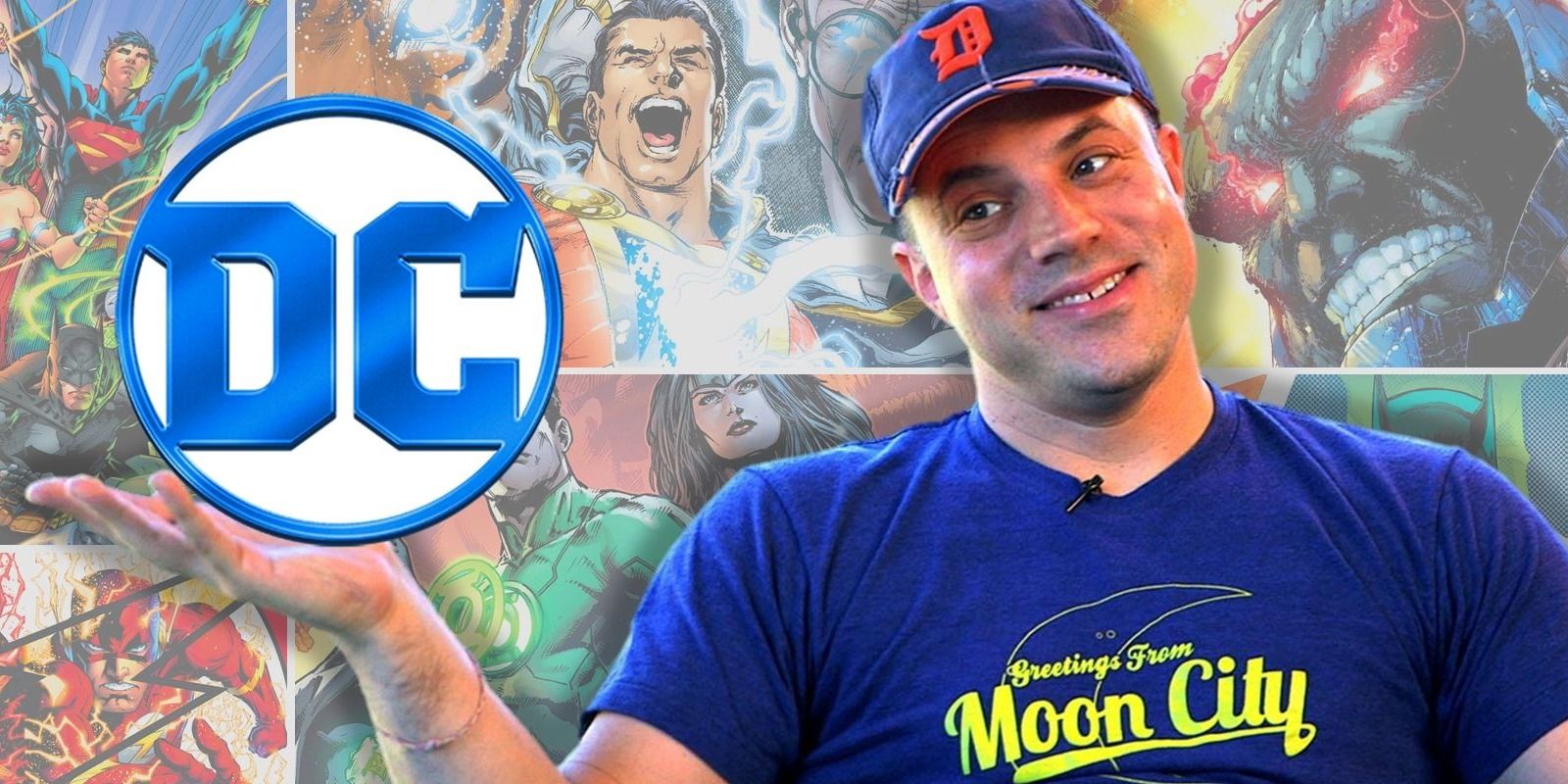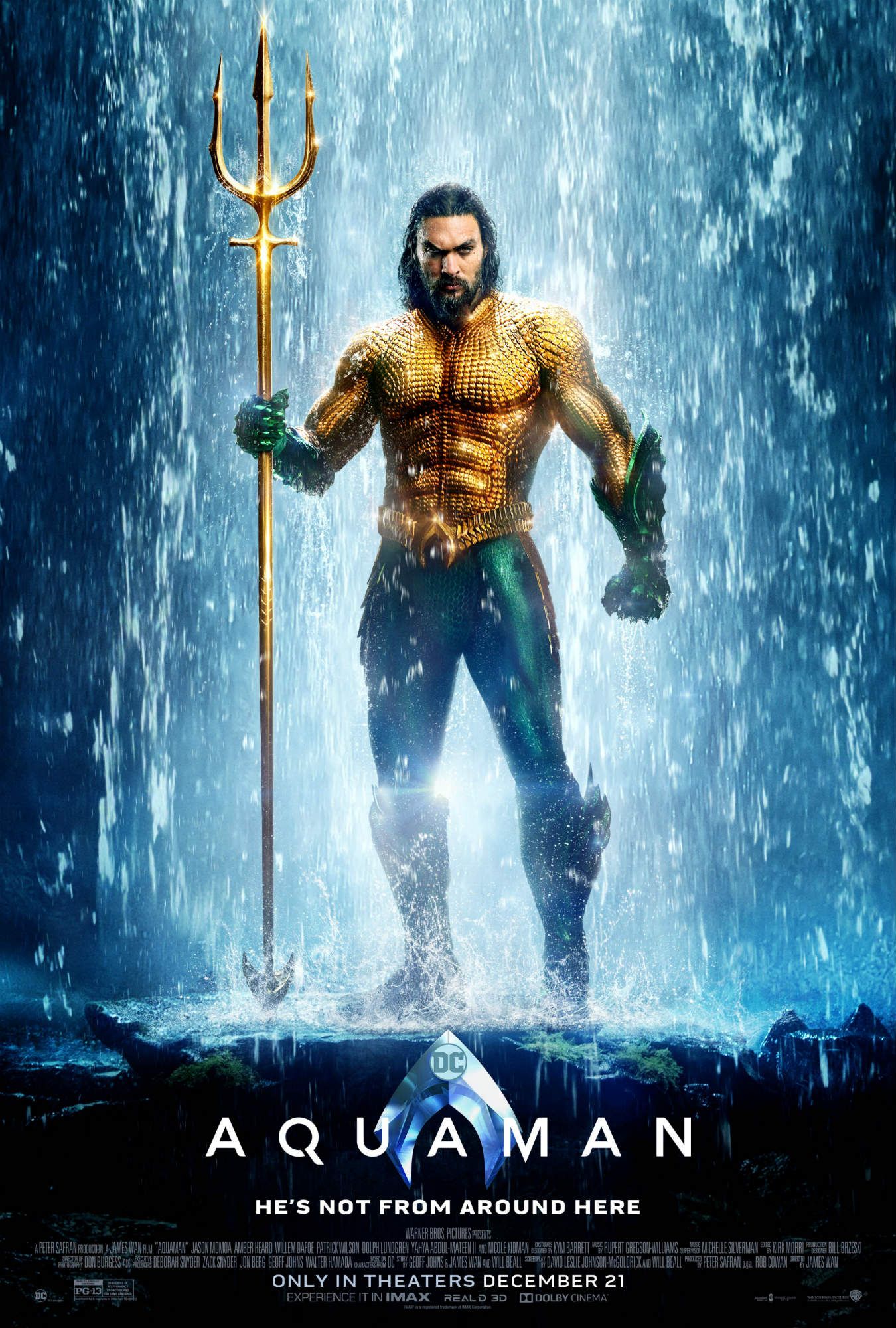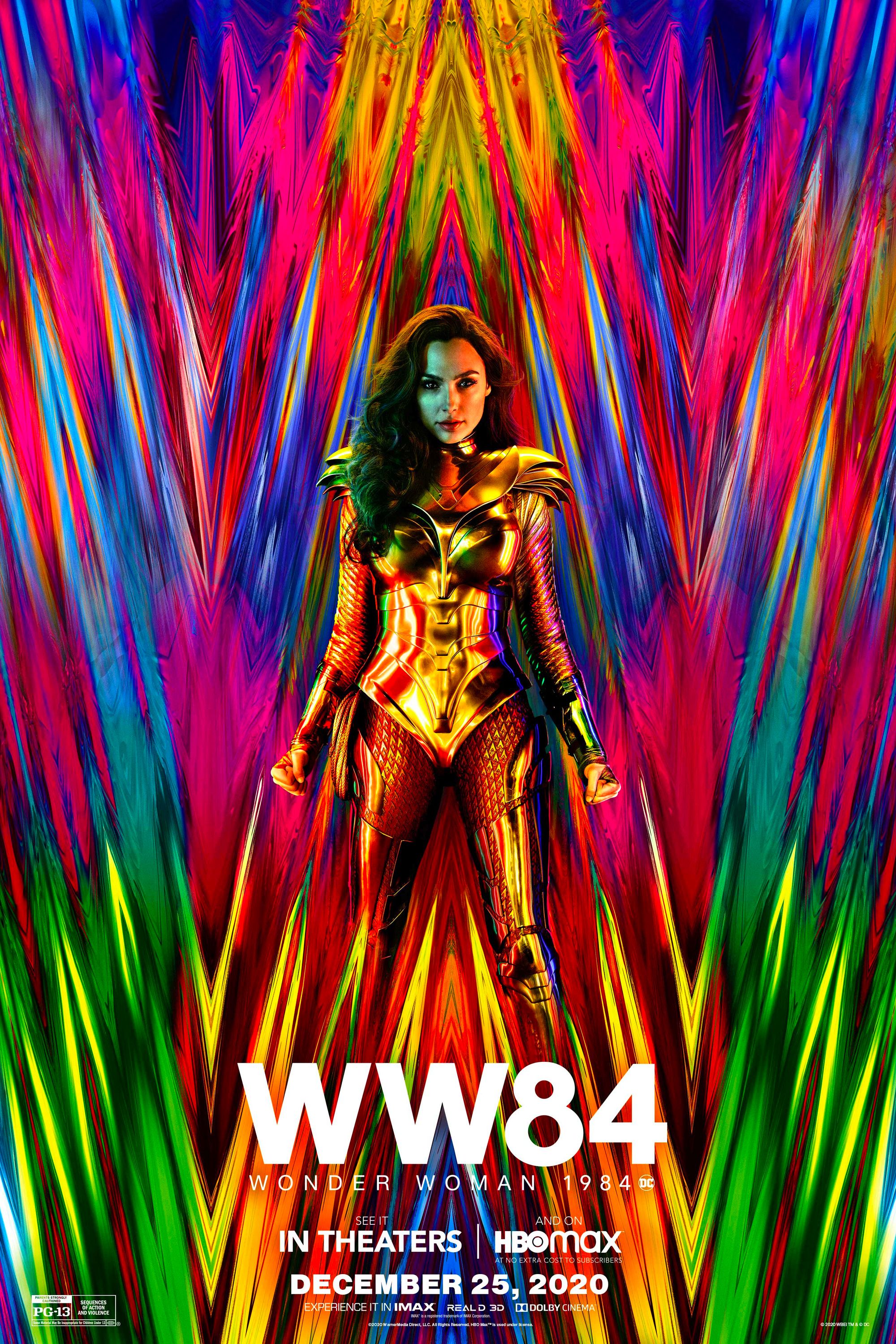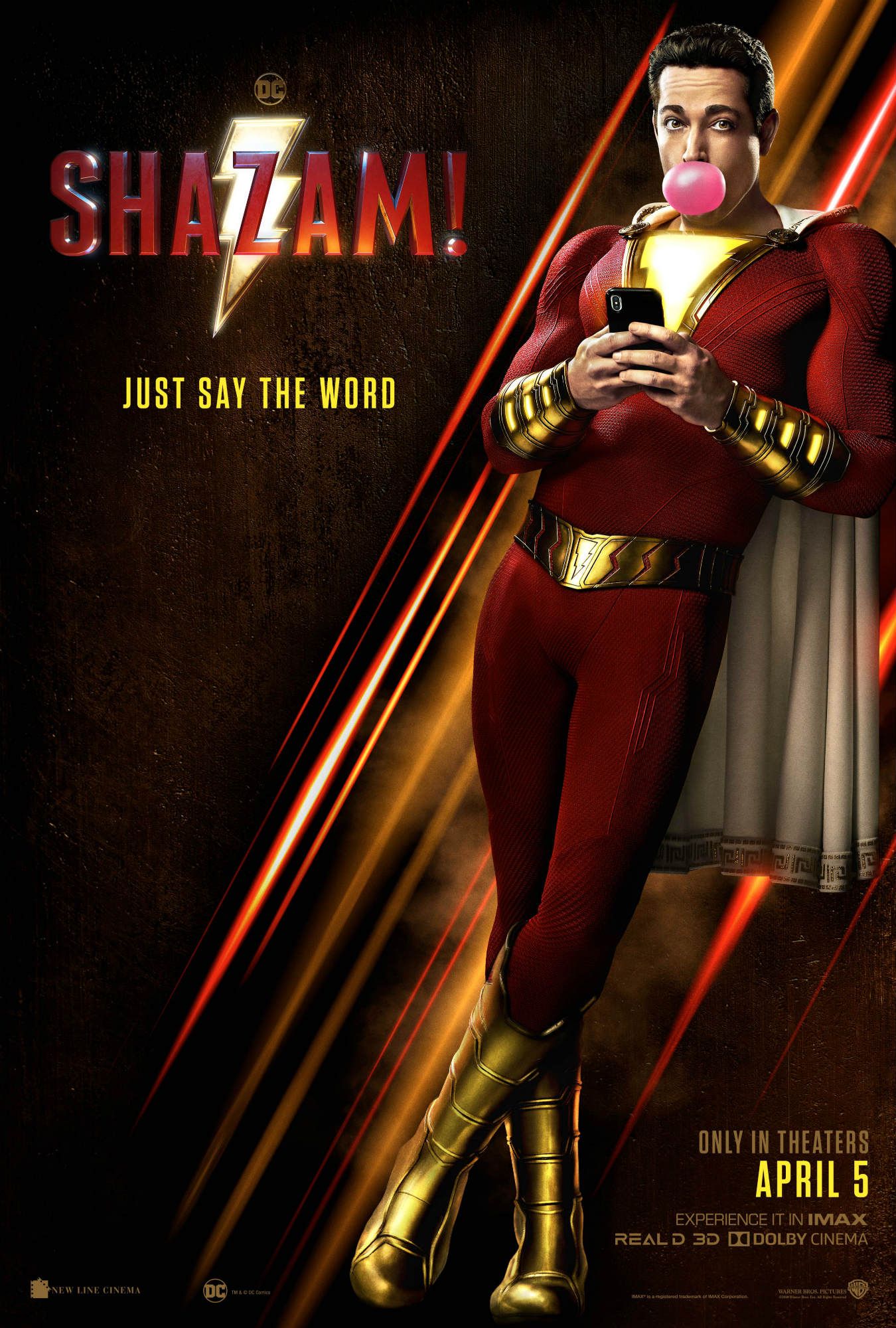Walter Hamada has been announced as the new President of DC Films, and the red-hot producer might just been the ideal choice to get the ailing DCEU back on track. It seemed as if there was hope the embattled shared universe had put its troubles behind it after the triumphant Wonder Woman, but that victory was short-lived, with Justice League crashing and burning at the box office a few months later. That team-up was the culmination of a string of creative misfires and bad management choices made by Warner Bros.' top brass that arguably has its roots in the DCEU's inaugural film, Man of Steel. Man of Steel and Batman v Superman: Dawn of Justice were perceived as too dark, particularly in their treatment of Superman. Then, the venomous reaction to Batman v Superman prompted a panicked Warner Bros. to order extensive reshoots to Suicide Squad, resulting in a notoriously fractured film.Despite all those behind the scenes issues, all of those films were financially successful. That box office luck ran out at the most embarrassing possible time, however, as Justice League - what should have been DC's answer to Marvel's powerhouse Avengers films - became a massive box office disappointment. That movie's production woes have become part of its mythology: director Zack Snyder departed production after the death of his daughter, replaced by Avengers director Joss Whedon. Even before Snyder's family tragedy, Warner Bros. was reportedly deeply unhappy with the direction in which he was taking the film. Regardless, Whedon was given an impossible task, as instead of finishing Snyder's vision, the studio wanted him to radically alter the film to make it in more palatable for wide audiences, and yet didn't see fit to delay the movie from its established November 2017 release date, for dubious reasons, at best.Related: Justice League Reshoots: Every Change Whedon Made To Snyder's FilmThe resulting fallout from Justice League's failure was the clearest sign yet that DC Films was in dire need of a manager, someone with a track record of both creative success and quality control. Fortunately, Hamada is the man for that job.Why Hamada Is The Right Person To Lead DC Films
Why Walter Hamada Is The Right Person To Lead DC Films
Having worked extensively as a producer on horror films for New Line, Hamada has been a key player in highly successful franchises like The Conjuring, Final Destination, and Annabelle. Notably, he has pre-existing relationships with some of DC's key creatives: James Wan directed the Conjuring films and is helming next year's Aquaman; Hamada was also a producer on Lights Out, directed by Shazam! helmer David F. Sandberg. Most buoyantly, he also served as producer on Warner Bros.' surprise smash IT which, along with Wonder Woman, was the studio's most emphatic success of 2017. Virtually all of those films have been expanded with sequels and prequels, proving Hamada can handle the logistics and costs of franchise filmmaking.
Perhaps most importantly, every one of those films had a relatively modest budget, so when success eventually came they ended up being even bigger financial winners for the studio than usual. The cost of big budget blockbuster films has gotten out of hand in general, but the DCEU is maybe the worst modern offender. The budget for Justice League reportedly hit $300 million, ten times of IT, a movie that in the end made more at the box office. But the costs of all of the prior central films still ballooned well past $200 million, presumably in service of their third act CGI showdowns that are often the most derided aspects of those films, lurching away from the thrills of Nolan's Batman films and dangerously towards the brain-numbing excesses of Michael Bay's Transformers films. Ironically, Wonder Woman boasted the smallest budget of the DCEU so far at $150 million, and ended up not only the most visually coherent film in the series, but also the most critically acclaimed.
DC Films' Long-Standing Leadership Problem
If nothing else, Hamada has to be better than Warner's previous choice of a studio head, which tended to default to "nobody." Early on, Zack Snyder was assumed to be the default visionary of the DCEU, but it's not clear why that choice was made or if there was ever a real, structured plan. Snyder was chosen by Christopher Nolan - fresh off his triumphant The Dark Knight Trilogy trilogy - to direct Man of Steel, based on a pitch from Nolan's Batman collaborator David Goyer.
That was a perfectly reasonable choice, even if Snyder's film ended up being more controversial than Warner Bros. was hoping, but Snyder is not really a management producer, the type of person who's going to manage schedules and budgets and the day to day work of a sprawling brand. He's a director, and a polarizing one at that; he was simply never the right choice to be the Kevin Feige of the DC Universe. Similarly, Jon Berg's role never seemed to be very clearly defined, and it was never made plain he was any sort of leader in a creative or management sense. His departure in late 2017 to head up a new production company was largely met with a shrug.
Related: Warner Bros. Rush To Catch Up With Marvel Ruined The DCEU
The odd man out here is, of course, Geoff Johns. The fan-favorite comic book scribe became DC's co-president with Berg in the wake of Batman v Superman's disappointing reception. By that point, Wonder Woman was already well into production, although Johns still had a hand in shaping that film's tone and narrative alongside director Patty Jenkins. But the wheels were also already turning on the doomed Justice League, and so holding Johns accountable for that film's failure seems deeply unfair. He's no longer in charge, but never really had a film to see from start to finish.
Johns isn't going anywhere though, as he remains President and Chief Content Officer of DC Entertainment. He'll work alongside Hamada to shape the future film slate, though it seems likely that will be in a reduced or altered role. Johns, for his part, enthusiastically welcomed Hamada to the fold on Twitter, ever the grinning disciple for DC and its characters. Of course, how big a role he plays long-term depends on both Aquaman and Shazam!, two films he did have an active part in seeing through from conception.
Even if Johns is getting something of a raw deal, that's not really Hamada's fault, and Warner Bros. should get some credit for acknowledging there are real problems with their production process that are limiting their potential to compete with Marvel on even footing. It's also possible the studio has learned valuable lessons from both Wonder Woman's success and Justice League's failure.
But there's no guarantee Hamada will be the answer - some of his early career credits are not exactly masterpieces (although the same is true of Feige), and there's every possibility another box office misfire could see Warner Bros. panic and restructure their leadership again, or even abandon the DCEU altogether for another approach to their superhero films. The potential merger between Time Warner and AT&T could also render a lot of this moot if new leadership is installed.
-
For now, though, Hamada has proved he knows how to do this, and it's not hard to imagine a scenario where he and Johns can get the DCEU back in the position it should be - as home to the world's greatest cinematic superheroes.
Next: What Future DC Movies Are Actually Coming Out?

